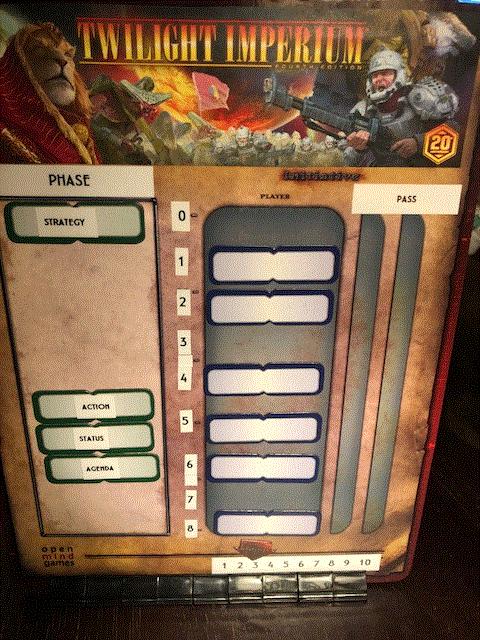Hello,
I just wanted to share/receive some thoughts about negotiations that occur during a game. I’ve played about 25 games so far, two of which have been 4e.
My groups seem to be on the extreme end of play time, with most of our games ending before final victory after 16 hours due to exhaustion. There have been some exceptions, but not many.
My first game playing 4e was with an experienced group and we finished the game in 10 hours. Still long, but doable and within our expectations for Twilight Imperium.
However, the second game was with a less experienced group, but everyone had played 3e at least a few times. Once again, we stopped with the winner at 7 vp after 14 hours because children were about to wake up. My hopes for a smoother experience with 4e were dashed.
To finally get to the point, I reflected on the delays. Some of it is that we like to drink, smoke and eat during a 10+ hour game. Part of the delay is we like to talk and visit as we don’t get to see each other too often. But by far, the biggest delays seem to come from negotiations.
Players sneaking off to make deals, a half hour of cajoling and threats just so someone can take their turn, experienced players trying to convince newer players they’re making a bad move (sometimes true, sometimes just a move that affects the arguing player), exhortations about someone being in the lead and who should be attacked instead, etc.
Though encouraged by the rules and often a fun part of the game, this seems to stretch game time to unmanageable lengths.
Do others experience this? Is it other things that stretch out game time? How do others handle player interaction, interrupting turns, etc.?
Thanks!
Edited by Caliban
